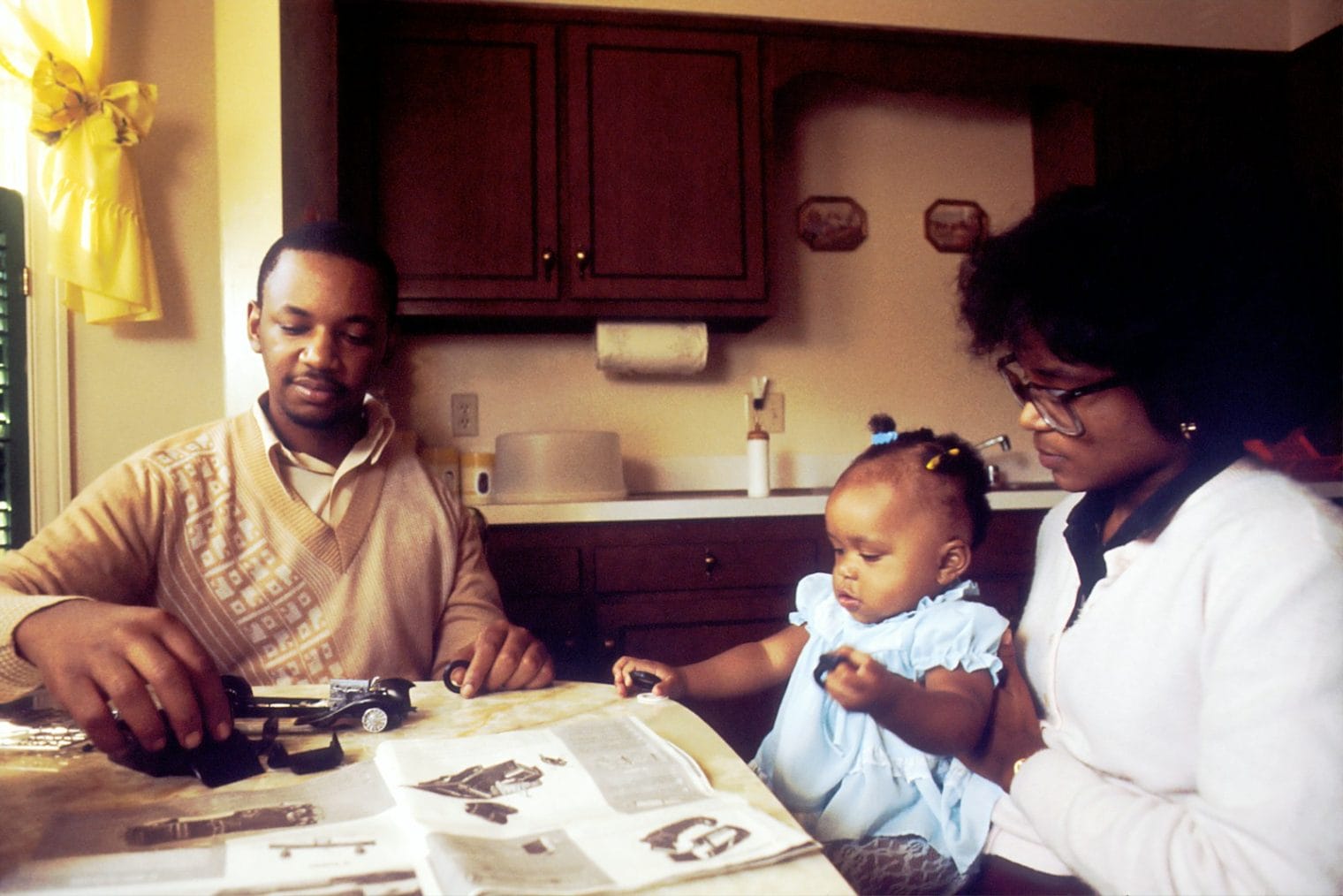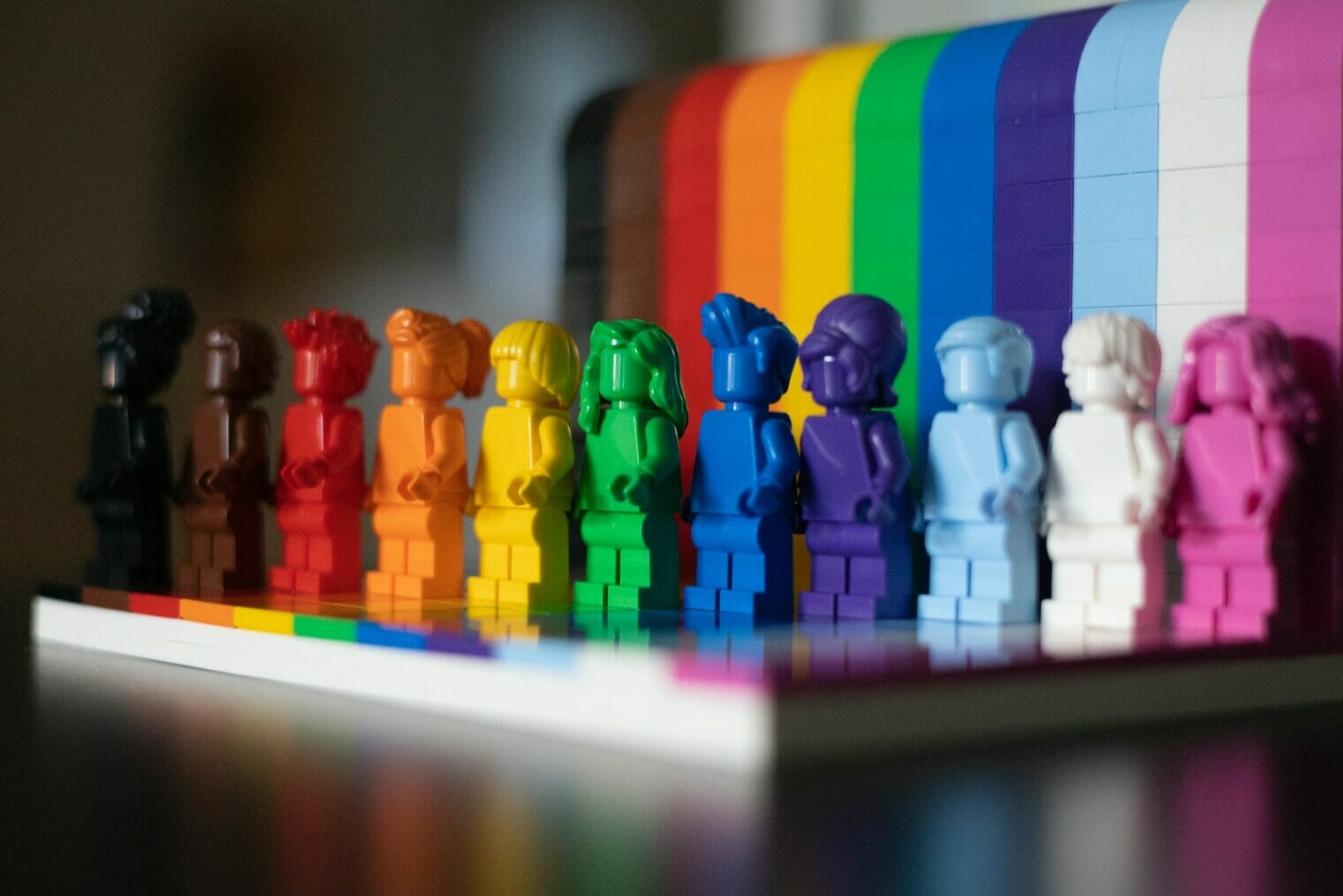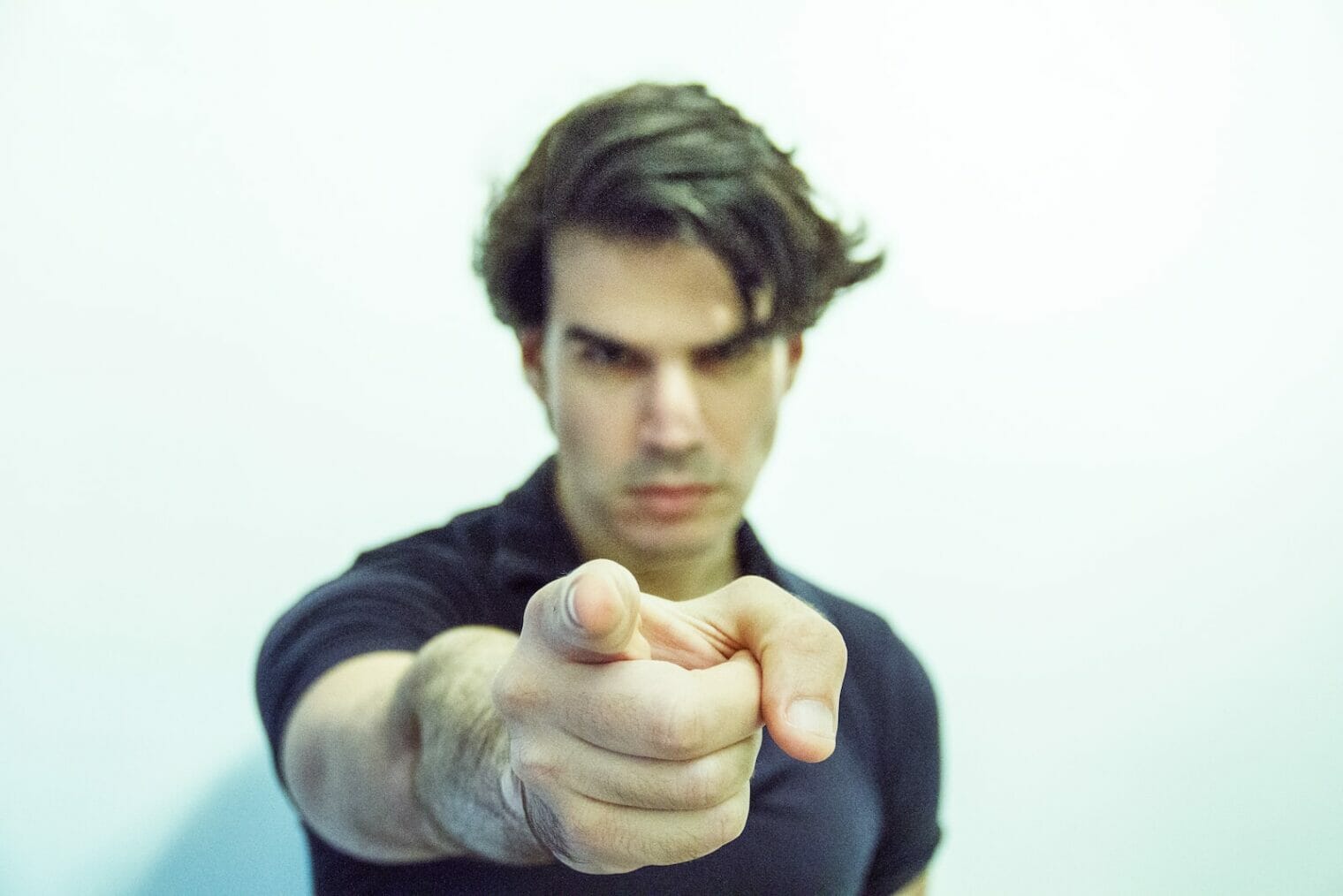I am glad that I got help. Behavior therapy was like having a second teacher that goes to your house, only they don’t teach math. They teach you coping skills. Coping skills are methods used to calm yourself down in stressful situations. I learned coping skills very easily, as coping skills are just stuff like drawing and taking a walk. But the problem was that I had trouble responding to situations in an appropriate way. My aid would ask me scenarios about what I would do in certain situations. A scenario would be like “You didn’t get a good grade on the test, what do you do?” These questions seemed really silly. Of course I knew what to do! I had it reiterated hundreds of times. I answered as any sensible person would, but the problem was that I didn’t act correctly when the real situation happened. For example, if I was given the scenario I talked about earlier, I said “Calm down” but if I actually got a bad grade on a test, I would freak out and not calm down. But it all takes practice. My mom says “You are what you watch and do” or something like that. Basically, if you watch something or do something over and over, your choices are influenced by that stuff. I did those coping skills and scenario situations a million times over and it was boring. But it was making a difference in my behavior. What I was doing in ABA was actually translating over in the real world. I got “take deep breaths” and “use perspective taking” pounded into me so many times that I even just picked it up. I don’t know how to explain it. I just started using all of the skills my aids taught me after lots of repetition. And looking back, I’m glad I did that.

Response to “”
-
Your point of view caught my eye and was very interesting. Thanks. I have a question for you.
Touched by what you read? Join the conversation!
-

Disparities In Access To Behavioral Healthcare
Social-emotional and behavioral health services are not widely available to the general public, and there is a critical shortage of behavioral healthcare providers. For example, as it stands, the behavioral health workforce needs to double in order to serve autistic children in need. People with low income, Asians, Pacific Islanders, BIPOC, and those living in…
Read more >> about Disparities In Access To Behavioral Healthcare
-

Who can benefit from behavior therapy?
Dr. Ron van Houten noticed that pedestrian fatalities in his community were out of control. He was determined to find a solution so that children could safely cross the street. His research demonstrated a few sources of the problem: drivers were speeding, failing to yield, and stopping too closely to the crosswalks. It was evident…
-

We want to hear from you
Here’s your chance to make your voice heard in education and family wellness. curaJOY is a 501(c)3 non-profit that leverages cutting-edge technologies like AI/Machine Learning, 3D animation, and proven behavioral health practices to create root-cause solutions to improve families’ emotional wellness and healthcare equity. We partner with the brightest minds–psychologists, educators, parents, and youths–worldwide to…




Leave a Reply